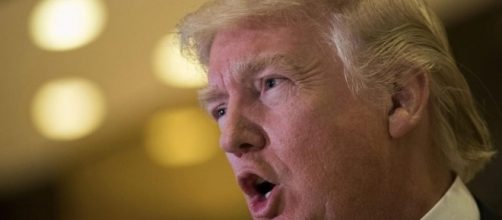A still unpublished draft from the White House provides that wars should become cheaper and partners should also get their hands dirty, reports CNBC.
US President Donald Trump wants the American allies to fight more extremist organizations worldwide. The move against radical Islamists must be strengthened and the costs of the US should be lowered, it says in a draft of a new anti-terrorist strategy. In order to achieve the goals in the anti-terrorist struggle, we will try to avoid expensive and large-scale US military action and we are increasingly turning to partners to share responsibility for the fight against terrorist groups.
U.S.A and the IS
At the same time, the US government concedes that terrorism can never be permanently banished. The paper is not to be confused with the separate strategy for the fight against the extremist militia IS, which is also under Trump's development.
US troops are currently deployed, among others, in the wars in Iraq, Syria, and Afghanistan. What remains of Donald Trump's goal of avoiding military interventions in these operations remains to be seen. So far, the president has pursued the core plans of his predecessor, Barack Obama, which aimed to intensify the militia against extremist groups and gave the Ministry of Defense more freedom to attack such organizations in war and crisis areas such as Yemen and Somalia.
However, this also increased the number of losses for the US: Lastly, a Navy soldier of the Navy Seals was killed in an attack by the Shabaab militia in Somalia.
In US government circles, it is also assumed that after years of withdrawal of more and more US troops from Afghanistan that Trump should be heading for a change of course in the Hindu Kush.
It was considered to send another 3,000 to 5,000 soldiers to Afghanistan to support the local troops in the fight against the resurging radical Islamic Taliban. At present, there are still 8400 US soldiers at the Hindu Kush. At the consulting mission of NATO, it is revealed that there is also Germany with nearly 1000 soldiers involved.
USA 'direct and unilateral measures'
According to the strategy paper, the US and its allies are not only threatened by the IS. A major danger also comes from a newly established al-Qaeda and groups like the Hakkani network and Hezbollah. Even extremists in the US, who were radicalizing on the Internet, were a risk. In the fight against all these threats, the US remained unilateral. The US will always act to prevent, react, or respond to attacks against our nation, our citizens, our interests abroad and our allies, the draft of strategy papers says. This includes direct and unilateral action, this is absolutely necessary.


